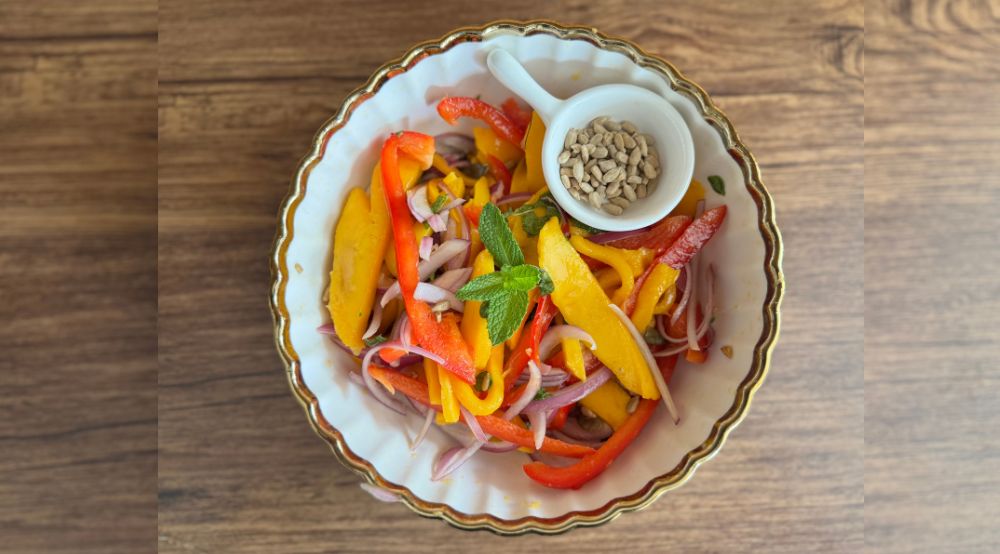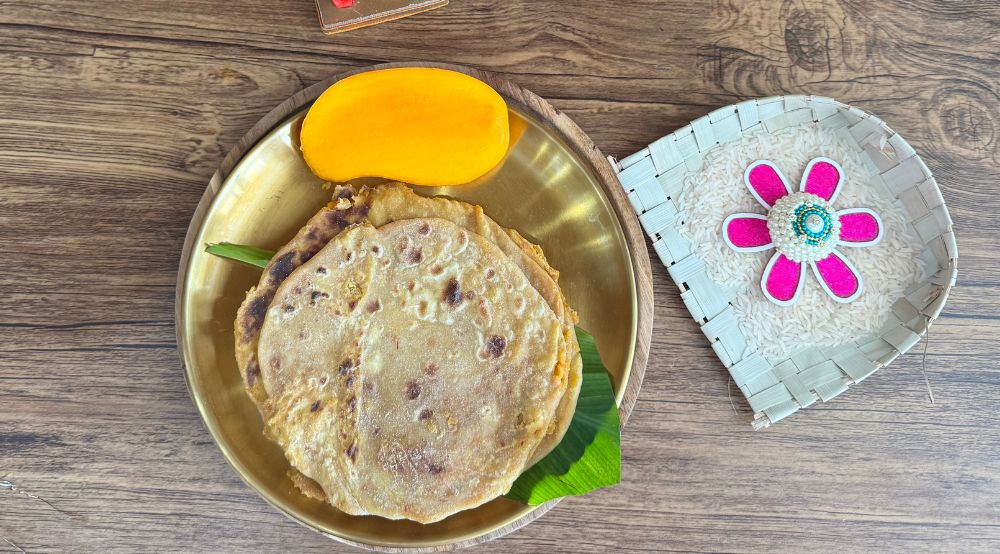
In recent years, plant-based diets have surged in popularity, driven by growing health consciousness and environmental awareness. One of the key factors fueling this shift is the increasing interest in plant-based proteins, offering health benefits and sustainable alternatives to animal-based products. As more individuals reduce their meat consumption, they’re discovering a wide variety of delicious, nutritious, and versatile vegan protein sources that can replace the texture, taste, and nutritional profile of meat. In this blog, we will explore the benefits of plant-based proteins, some popular vegan protein alternatives, and how these options contribute to a healthier and more sustainable lifestyle. Let’s dive into the world of allergen-free food and how it can benefit you.
Nutritional Benefits of Plant-Based Proteins
Plant-based proteins are packed with essential nutrients such as fiber, vitamins, and minerals that are often lacking in animal products. Legumes, like beans, lentils, and peas, are some of the best sources of plant-based protein. These foods are not only rich in protein but also provide fiber that supports digestive health and aids in weight management. They are packed with vital micronutrients like folate, iron, and magnesium, which are important for overall health.
Switching to plant-based proteins has another major advantage: it can help you lower your intake of saturated fats. For example, red meat has been linked to higher risks of heart disease and certain cancers. By replacing meat with vegan protein sources, individuals can reduce unhealthy fat intake while still meeting their daily protein needs. Additionally, plant-based proteins tend to contain more healthy unsaturated fats, which support heart health.
Popular Plant-Based Protein Sources
1. Legumes (Beans, Lentils, Chickpeas)

Legumes are among the most accessible and affordable sources of plant-based protein. Beans, lentils, and chickpeas are loaded with protein and fiber. These versatile ingredients can be used in soups, stews, salads, and even in making vegan burgers. For instance, chickpeas can be roasted for a crunchy snack or blended into a smooth paste to make hummus. Lentils and beans are also essential in creating meat alternatives such as plant-based sausages, burgers, and meatballs.
Check out our delicious lentils recipes and chickpeas recipes for more inspiration:
2. Tofu and Tempeh: Vegan Protein Powerhouses

Tofu and tempeh, derived from soybeans, are high-protein options that serve as great substitutes for meat. Tofu has a soft texture that can be grilled, sautéed, or blended into smoothies. It adapts well to various seasonings and marinades, making it a versatile choice in many dishes. On the other hand, tempeh has a firmer texture and a nutty flavor, making it perfect for stir-fries, sandwiches, or as a taco filling.
Explore our dairy-free, plant-based, high-protein vegan foods with these great recipes:
3. Seitan (Wheat Gluten)

Seitan, made from wheat gluten, has a chewy, meat-like texture, making it an excellent substitute for chicken, beef, and other meats. This high-protein food is low in fat, making it ideal for those seeking to reduce their fat intake. Seitan can be sautéed, grilled, or fried and is commonly used in vegan meat alternatives like sausages, steaks, and "chicken" strips.
4. Nuts and Seeds: Vegan Protein Snack Options

Nuts like almonds, walnuts, and cashews, and seeds like chia, hemp, and pumpkin, are rich in plant-based protein. These can be eaten as snacks, added to smoothies, or sprinkled over salads. Nut butters such as peanut butter or almond butter also provide protein-packed food that’s creamy and delicious. Nuts and seeds also supply healthy fats, antioxidants, and fiber that support cardiovascular health and reduce inflammation.
Try our allergen-free snack recipes:
5. Quinoa and Other Whole Grains: Complete Protein Sources

Quinoa, often considered a pseudo-grain, is a complete protein. This means it contains all nine essential amino acids, making it an excellent choice to replace rice or couscous in salads, grain bowls, or as a side dish. Other whole grains such as farro, barley, and bulgur also provide great protein levels and are full of fiber, helping with blood sugar regulation and providing sustained energy.
Check out our allergen-free, whole grains recipe:
The Environmental Impact of Plant-Based Proteins
In addition to the health benefits, plant-based proteins also contribute significantly to sustainability. The production of plant-based proteins requires fewer resources like water, land, and energy compared to raising livestock. Moreover, plant-based farming results in fewer greenhouse gas emissions and has a smaller carbon footprint. This makes plant-based proteins a more environmentally friendly choice compared to animal-based products.
By switching to vegan protein sources, individuals can lower their environmental impact, contributing to efforts to fight climate change. Many plant-based proteins are grown without the heavy use of chemicals or pesticides, making them even more eco-friendly.
Conclusion
Plant-based proteins offer a wealth of benefits, including better health, weight management, and environmental sustainability. From lentils to tofu, seitan, and quinoa, there is no shortage of vegan protein sources that can fit into any diet. Embracing plant-based proteins not only supports your personal health but also contributes to a healthier planet. With a range of delicious, allergen-free food options, there’s no reason not to include more plant-based proteins in your meals. Whether you’re looking to improve your health, reduce your carbon footprint, or enjoy tasty meals, plant-based proteins are the perfect solution.
FAQ
-
Explore top vegan protein sources like lentils, chickpeas, tofu, and quinoa for a nutrient-packed, healthy diet.

-
Yes! Plant-based proteins provide all the essential nutrients, making them a great alternative to meat and dairy.

-
Many plant-based proteins such as lentils, beans, and quinoa are naturally free from common allergens like dairy and gluten.

-
Try adding vegan protein to your meals through delicious lentil recipes, chickpeas recipes, and tofu protein dishes.

-
Plant-based proteins help with muscle building, weight management, improved digestion, and reduced cholesterol while being heart-healthy.













